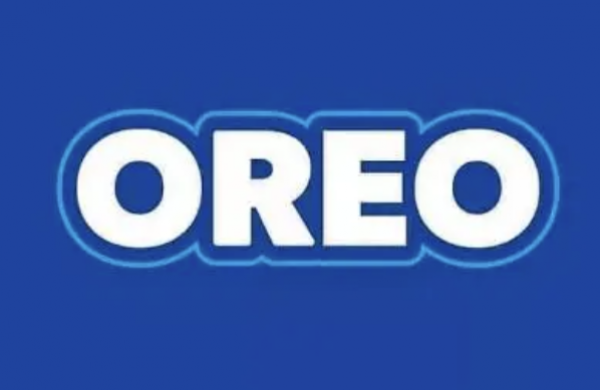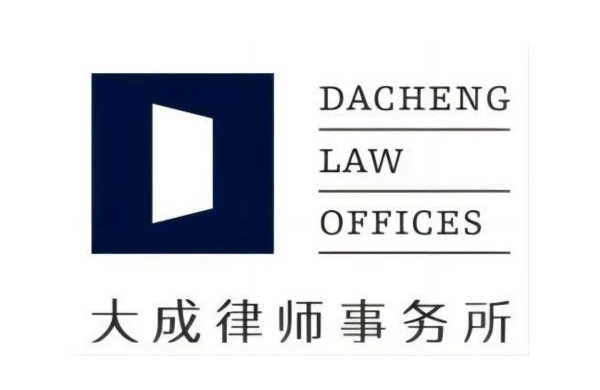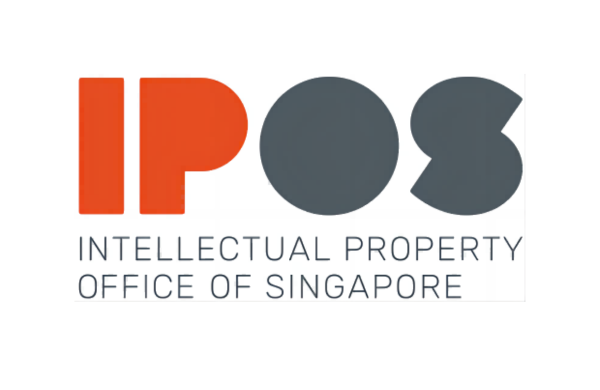Did not receive verification mail? Please confirm whether the mailbox is correct or not Re send mail

IPR Daily
- 2022-05-16 16:27:22
Here's What Kathi Vidal Should Do About the PTAB's "IPR Troll" Problem
Becton, Dickinson - assess issues raised in petition that are similar to those considered during prosecution
General Plastic - follow-on petitions
Fintiv - status of co-pending litigation
When was the petitioner formed relative to the filing of their petition?
What is the nature of the business of the petitioner, if any?
Is the petition directed to a patent that recently resulted in an infringement judgment?
Is the petition a copycat?
What can be more exhilarating to a patent owner than securing a patent damage verdict in the billions-yes, with a "B"-after staving off PTAB attacks of its patents by an accused infringer?
Well, if you are member of the plaintiffs' attorney bar, and missed this pot-of-gold of a case, how about launching collateral attacks on the subject patents to pressure the patent owner for a cut of the spoils? Sound too sleazy...even for the legal profession? You underestimate us!
We're seeing the recent emergence of entities utilising inter partes reviews to attack large damage verdicts collaterally as a business model. This unseemly behaviour has attracted well-earned negative attention for the PTAB, most recently in a 27 April letter to new USPTO Director Kathi Vidal from Senators Mazie Hirono and Thom Tillis. The letter challenges Vidal to find immediate solutions to this abuse.
The Senate letter specifically calls out OpenSky Industries and Patent Quality Assurance for their IPR petitions filed "in an apparent attempt to extort money from patent owner VLSI Technology". The letter concludes that "any doubt about OpenSky's motives was extinguished" when VLSI filed an email from OpenSky's counsel proposing "a scheme in which the company would actively work to undermine the IPR it brought-thereby protecting VLSI's patents from other challenges-in exchange for monetary payment". VLSI likened OpenSky's collusive framework to the infamous 1919 "Black Sox" scandal and characterized OpenSky's actions as a shakedown to extract a ransom payment.
Vidal should sanction OpenSky
The PTAB rarely sees a set of facts that rises to the "you-know-it-when-you-see-it" level of fraud¡ªstill, and disappointingly so, the PTAB appears to favour turning a blind eye to poor attorney behaviour. Unlike most courts, the PTAB is uncharacteristically reluctant to sanction a party. However, based on OpenSky's email, and the now explicit direction of key members of the Senate Judiciary Committee, the director should make an example of OpenSky via sanction to terminate its instituted IPRs, and dismiss its pending petitions. Sanctioning OpenSky in this manner will allow Vidal to take quick and decisive action that will present a strong response to the senators' inquiry.
PTAB needs a multi-factor test
The more complicated question for Vidal is how to address such petitions going forward. The issue is complicated because the PTAB strives to assess petitions on their technical merits pursuant to the directive in the America Invents Act to improve patent quality while striving to prevent harassment of patent owners.
To protect patent owners, the PTAB often employs multi-factor tests, rather than bright-line tests, in its precedential decisions for use of its statutorily granted discretion to deny petitions. Multi-factor decisions allow the PTAB to tailor outcomes to the unique factual situations that judges encounter.
Examples of such multi-factor tests are in precedents like:
The letter from the senators identifies four factors indicating that the petitions from OpenSky and Patent Quality Assurance had motives that "were suspect from the outset".
1. The companies were formed shortly before filing their petitions.
2. The companies did not make, use, sell, or import any products, let alone any products that could subject them to claims of infringement.
3. They filed their petitions only after VLSI had secured a $2.2 billion infringement judgment against Intel.
4. The petitions filed by the companies were near "carbon copies" of petitions previously filed by Intel that the PTAB had already rejected.
Broadened versions of these factors may provide a foundation for the USPTO to develop a multi-factor test to filter out petitions filed in bad faith to target successful verdicts.
Examples include:
Potential challenges of reform
Considering such factors in isolation is problematic. For example, there is nothing inherently abusive about the use of copycat petitions. In fact, that is the only route for joinder. Likewise, when PTAB proceedings are settled, a subsequent defendant should be able to pick up an incomplete proceeding and finish it. To this end, VLSI has urged the PTAB to consider the totality of the circumstances in its pending challenge to this practice, raised in a Precedential Opinion Panel request.
On the other hand, a multi-factor test that addresses all business models with a naked financial interest should not be so broad that it approaches a standing requirement. Standing is not required for such filings, and for good reason. Competitors seeking to enter entrenched markets should not be dissuaded by patents that were granted improvidently, or need to initiate litigation that the AIA is designed to simplify.
In conclusion, the OpenSky email should result in a sanction: the termination of OpenSky's IPRs against VLSI's patents. Also, the PTAB should consider development of a multi-factor test that discourages bad behaviour while still enabling the PTAB to exercise its discretion regarding institution.
Source: iam-media.com-Kevin Laurence and Scott McKeown
Editor: IPR Daily-Selly
- I also said the two sentence
- Also you can enter 140words
 PurpleVine Successfully Assists Client in Invalidating Sisvel US Patent
PurpleVine Successfully Assists Client in Invalidating Sisvel US Patent Chang Tsi & Partners Successfully Represents Wuxi's First Intellectual Property Civil Case Attached to Criminal Case
Chang Tsi & Partners Successfully Represents Wuxi's First Intellectual Property Civil Case Attached to Criminal Case China Monthly Antitrust Update: February 2024
China Monthly Antitrust Update: February 2024 IPOS was publishing a legal decision involving the trademark of tech giant, Google
IPOS was publishing a legal decision involving the trademark of tech giant, Google


